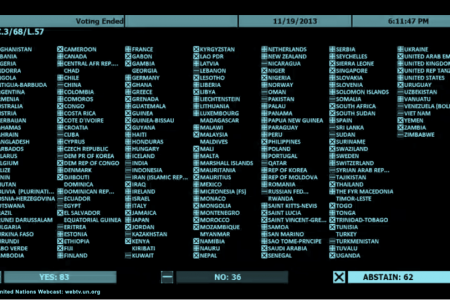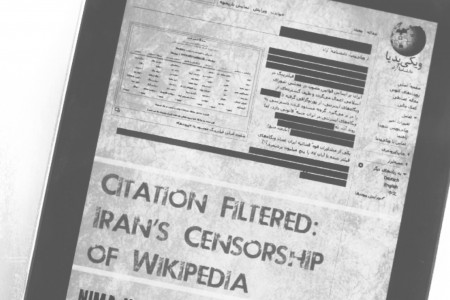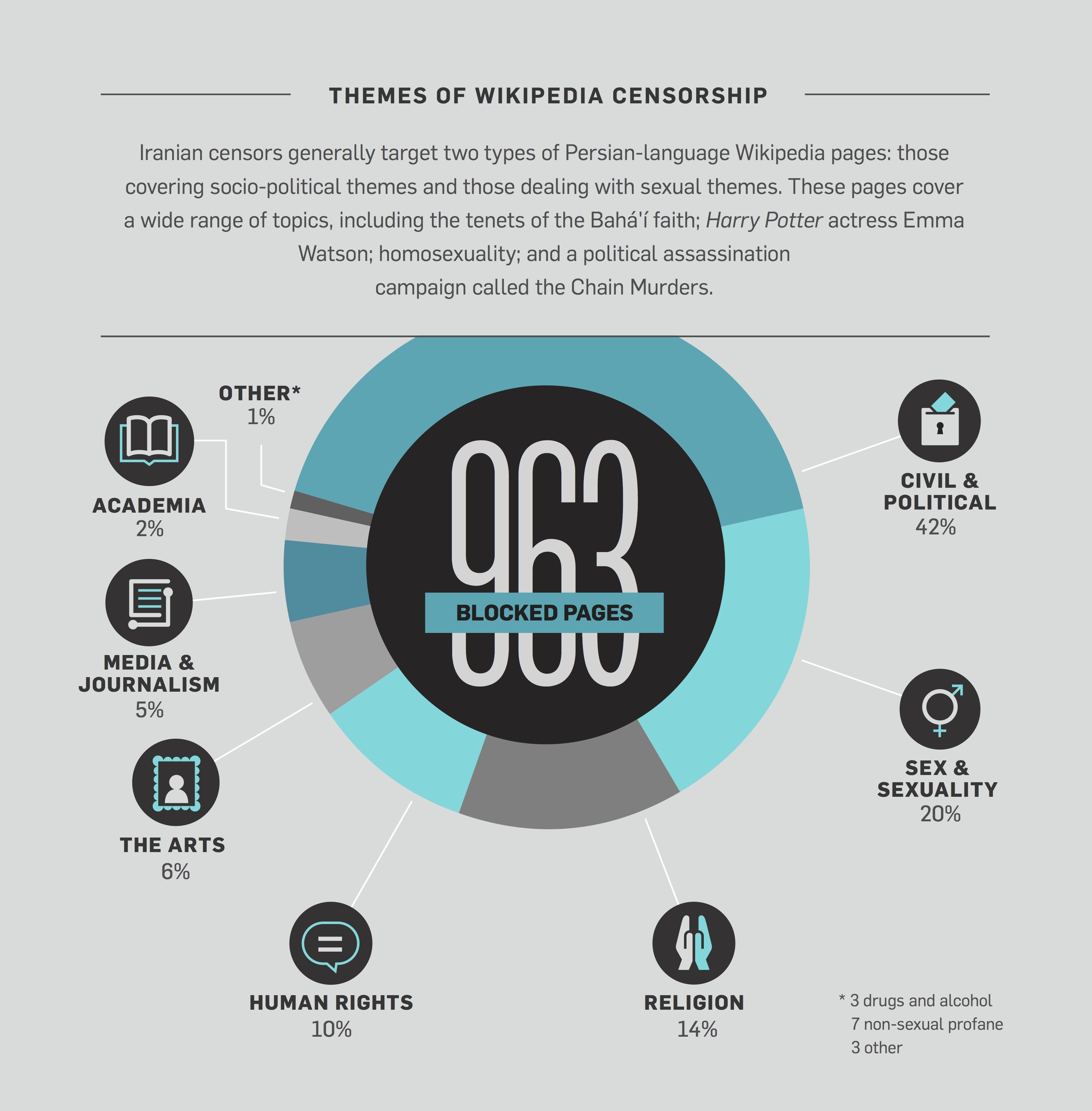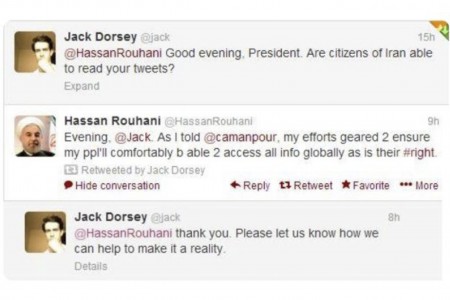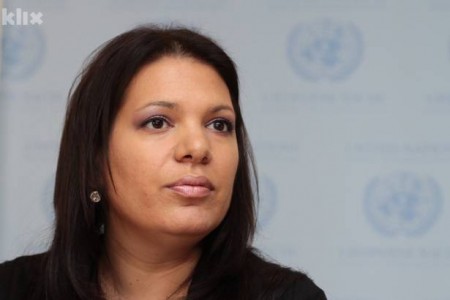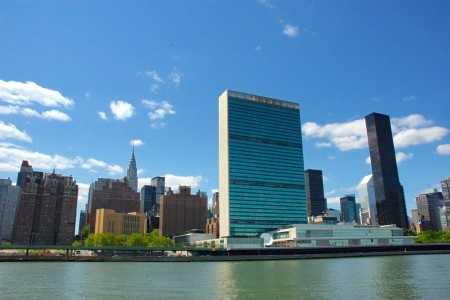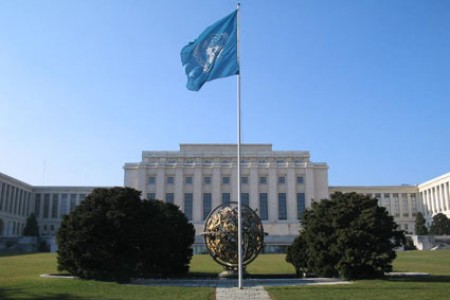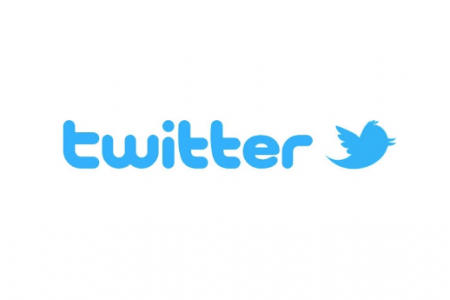The human rights world grieves for Mandela, must now bear his torch
Just days before International Human Rights Day, the human rights world has lost one of its most treasured heroes.
I think it is fair to say that very few souls embody the spirit of the Universal Declaration of Human Rights as wholly as Nelson Mandela did over the course of his career as an advocate for the rights; not only for his own nation, but for all of mankind.
In the struggle to end Apartheid — perhaps the most systematic form of discrimination known to man — in South Africa, Mandela and his colleagues paved the way for a new, free, and democratic nation. They also set the tone for a whole continent — and perhaps the entire world — at a time when it was in dire need of guidance and inspiration.
South Africa’s constitution is one of the most progressive in the world in terms of human rights protections, enshrining most, if not all, of the tenets of the ICCPR and the ICESCR. Indeed, it has been said that Mandela was ahead of his time on some human rights issues, and insisted, in spite even of some of his own people’s opposition, to include in it a ban on the death penalty and rights for people of all sexual orientations.
As an activist, he and his movement harnessed and in turn echoed international human rights concerns, and as president and beyond, he became a voice for human rights globally.
May Nelson Rolihlahla Mandela, a Madiba not only to his countrymen but to our movement, rest in peace, and may the rest of us pick up where he left off and carry his mantle onward, so that his legacy will live and flourish well beyond this gloomy night.


